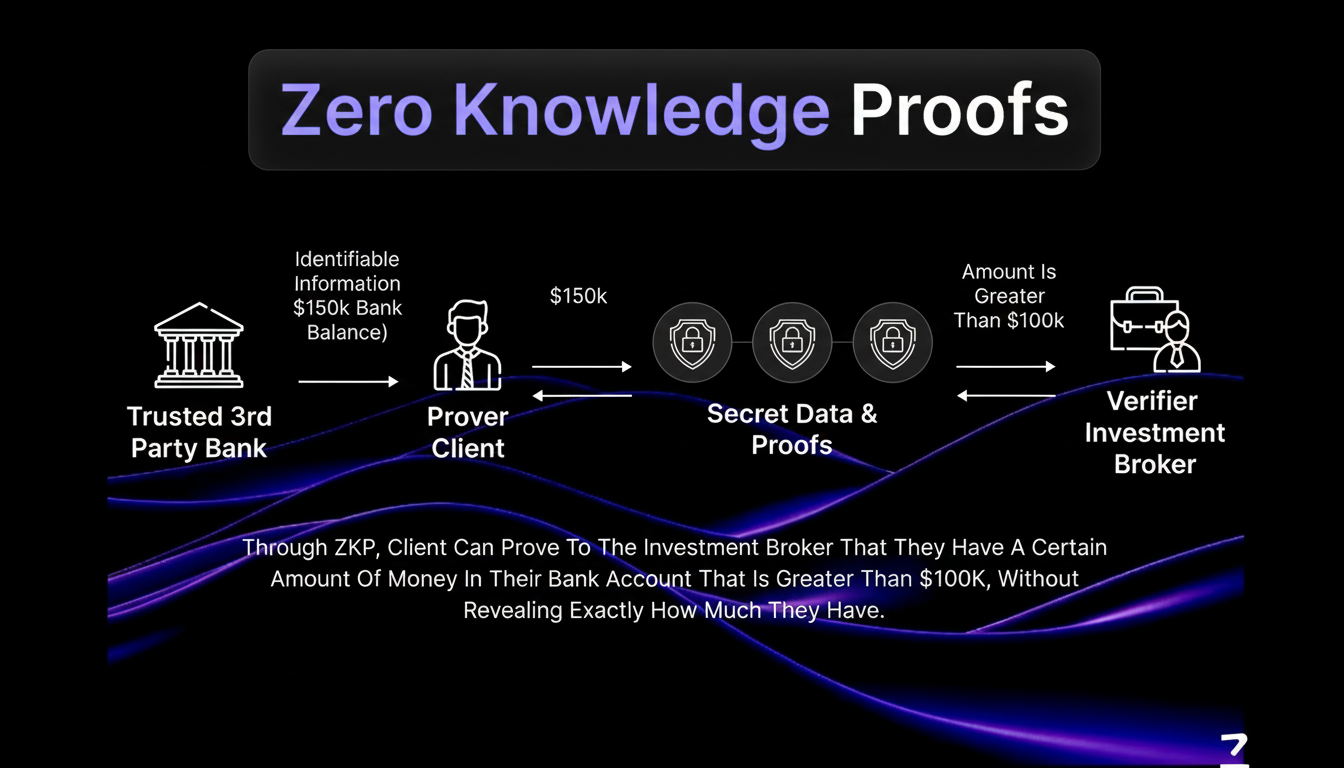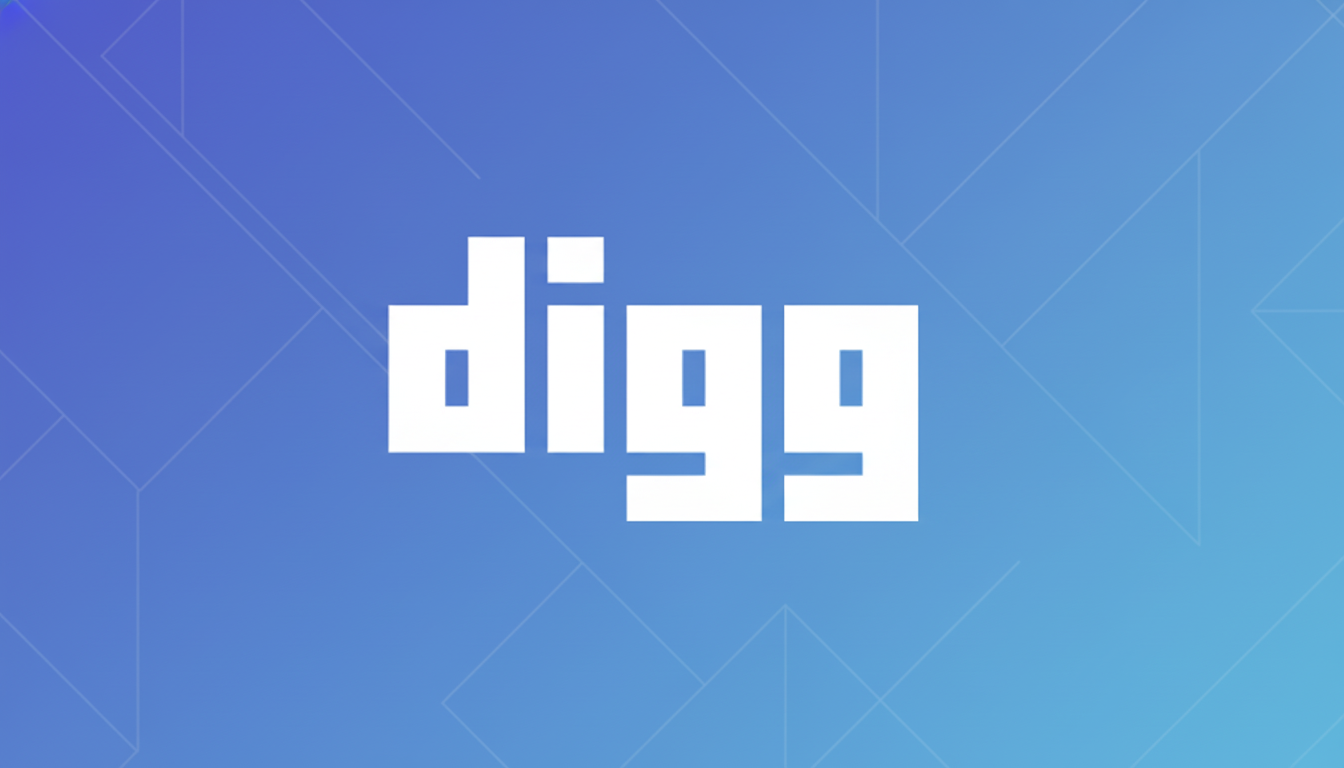Kevin Rose, the entrepreneur behind the OG Digg, is drafting a vision for how social networking must work when AI-generated articles flood the web. His main wager is deceptively simple—that smaller, trustworthy communities with portable reputations and privacy-first authentication would outflank the lesser ones where bots and spam smother human beings.
Rose and Reddit co-founder Alexis Ohanian have rebuilt Digg as a playground in which identity and trust are established inside communities and acquired through paid checkmarks and invasive ID checks. Their thesis mirrors a burgeoning business hysteria: the “dead internet” nightmare, where bots are essentially indistinguishable from people, is no longer simply an idea. The economics of falsehood are evolving at an alarming rate; as AI-based tools become more affordable to implement, the scale of identity attacks rises.

According to Imperva, in its 2024 Bad Bot Report, approximately 49% of worldwide internet traffic in the prior year derived from machines, and “bad bots” accounted for the largest share ever. In an AI-overloaded feed, even the most straightforward good-faith contributors have trouble deciphering human-made messages from artificial noise.
Many online sites have attempted various engagement tactics, from credit-card tests to selfies. Different disciplinary policies deter some bots but also bar privacy-conscious individuals and those lacking access to credit. According to Rose, merely being a distinct human being necessitates substantiation without exposing who you are—and that trust should develop and revive in groups where things can be put into perspective.
Digg’s plan relies on a cryptographic technique already deployed in systems such as Zcash and increasingly used in decentralized identity, including Polygon ID. ZKPs allow a user to prove a singular fact—such as owning a particular device or meeting a community requirement—without revealing their identity or exposing sensitive data.
For example, take a health-centered forum that accepts only certified Oura Ring owners. Using a ZKP, a member can prove ownership to the moderators and maintain a long-lasting, portable “attestation” that trails them around related groups—without ever having to share a real name, email address, or device serial number.
The same kind of model can verify consumers’ approved age ranges, geographic eligibility, or membership in expert associations, all while reducing data sharing to a minimum. It’s a markedly different stance from the biometrics-heavy solutions many virtual worlds have been using, and one that aligns more straightforwardly with the privacy rules knitting around W3C Verifiable Credentials.
For bot swarms, Rose also indicates “proof of heartbeat” concepts—lightweight, recurring “liveness checks” that signify there is a human on the other end. When combined with device-bound credentials and rate limits, these mechanisms would make the cost of running massive botnets prohibitively great without placing an undue burden on fair operators.

Moderators as Owners, Not Unpaid Labor on Digg
Another dimension of the new Digg is authority and macroeconomics. Today’s volunteer moderators are shouldering full-time jobs—sifting spam, upholding norms, and diffusing incidents—and have almost no controlling involvement over their communities, let alone any way to make it pay.
Rose intends to transform that script by creating more precise personal rights for moderators, making their audiences portable, and awarding them upside if their groups thrive. He is familiar with the friction on legacy platforms, ranging from policy changes to unexpected trademark clashes that can ban moderators from the communities they created.
A decent model would resemble membership venues—the sort that grant makers authority on Substack or Patreon—combined with supportive curation and lightweight governance. This might entail profit distribution based on the actual labor of moderation, rules defined by the community, and the capacity to export the audience connection if people want to go.
Smaller communities with portable reputation. Rose’s argument challenges the notion that there will always be a trustworthy global feed in the AI age. He envisions a network of smaller communities where entry standards and community standards are defined locally—for instance, fitness groups that confirm the ownership of gadgets, forums for investment that limit entry to qualified investors, or sensitive health spaces that enforce rigorous privacy guarantees.
Reputation would be the bond. Anything learned in one community can be passed on to another, making onboarding less arduous while maintaining secrecy. When integrated with explicit moderation responsibilities and open incentives, it produces a situation where trust rises and malevolent players suffer poor returns, as they do in legitimate systems.
The stakes for platforms, users, and community health
The payout is clean discussions. Trusted communities back everything from accurate health instructions to reliable financial discourse. One high-signal thread is more valuable than a thousand generative posts; sponsors and designers are all striving for the legitimacy fee. And recognizing how social networks demonstrate humanity, benefits, and portability without revealing privacy could be the level of development if Digg’s model prevails.
There will, of course, be challenges: ZKP-based onboarding must occur with no friction, moderation incentives must be designed to avoid hostile dynamics or distorted incentives, and portability must prevent errors so that trust gained in IRL isn’t misapplied in the digital world. And the only way to minimize the harms of synthetic socialization is by having more verifiable humans and permitting smaller groups to police them. In a future when up to half of all traffic may be bots, Rose’s bet is that these networks will not only feel smoother and more connected, but they will also be the only ones that operate.

